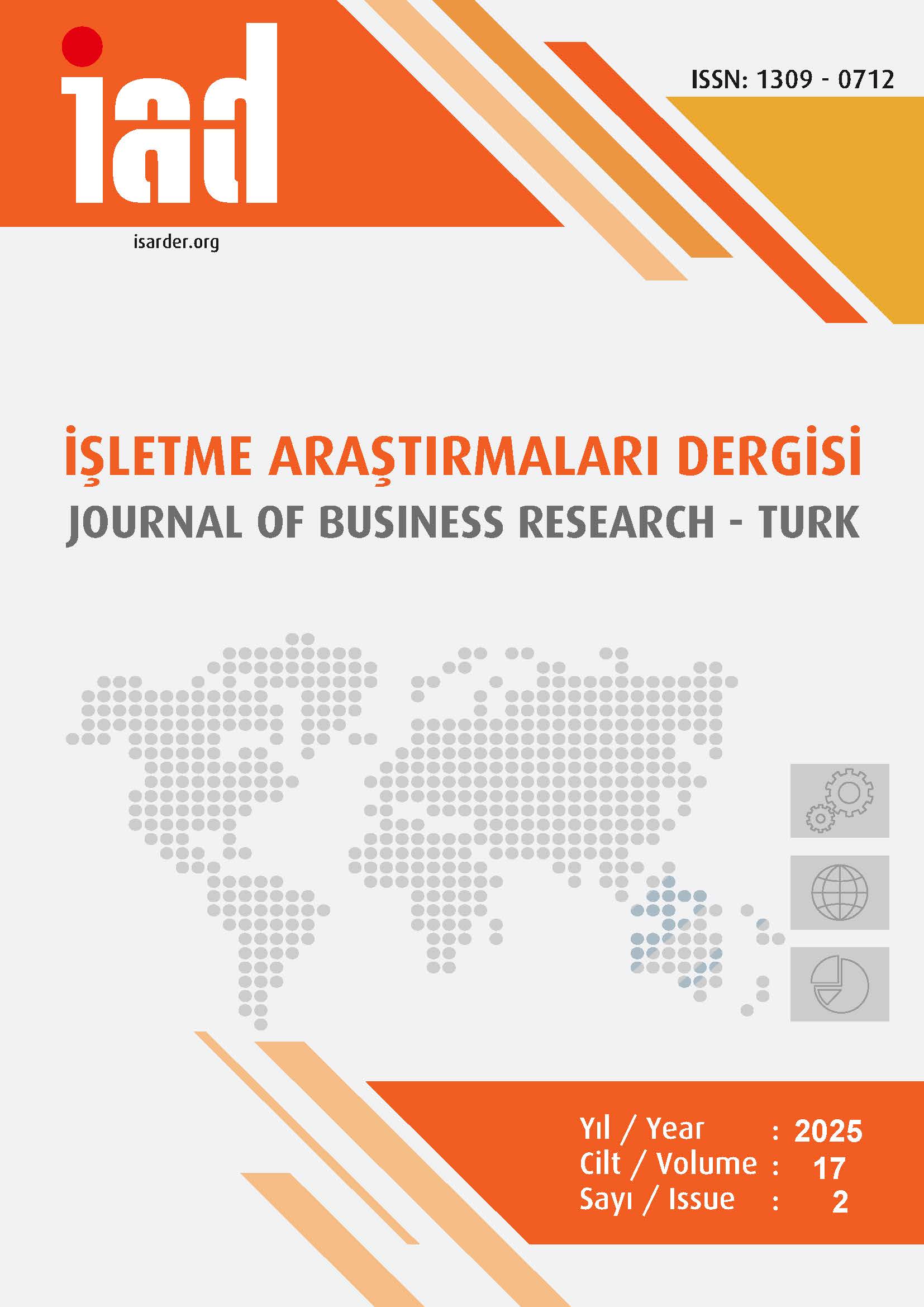Analysis of Sustainable Development Performance in D-8 Countries: A Club Convergence Perspective
DOI:
https://doi.org/10.20491/isarder.2025.2061Keywords:
Sustainable Development, D-8 Countries, Club ConvergenceAbstract
Purpose – The aim of this study is to analyze the sustainable development performance of the D-8 countries—Türkiye, Iran, Pakistan, Bangladesh, Egypt, Indonesia, Malaysia, Nigeria and Azerbaijan—during the period 2000-2023 from the perspective of Club Convergence.
Desing/methodology/approach – In the research, the sustainable development performances of D-8 countries were analyzed using the SDG Index and 17 Sustainable Development Goals (SDGs) between 2000-2023. The performances of countries in certain sub-clubs were evaluated with the Club Convergence Approach method developed by Phillips and Sul (2007).
Findings – The findings show that D-8 countries are positioned in different clubs. Azerbaijan, Bangladesh, Egypt, Indonesia, Iran, Malaysia, and Türkiye belong to the first club, showing high performance, while Nigeria and Pakistan are placed in the second club, exhibiting low performance. Furthermore, countries have converged to a common equilibrium level in indicators such as health, gender equality, energy, industry, infrastructure, and reduction of inequalities. However, significant differences were observed in areas such as poverty, education, climate change, and sustainable cities.
Discussion – The findings reveal that D-8 countries have not made uniform progress in sustainable development processes, with some countries showing more stable development in certain areas. Türkiye Azerbaijan, Indonesia, and Malaysia performed above the panel average in most indicators, but did not converge in areas such as climate action and international cooperation. On the other hand, Nigeria and Pakistan exhibited low performance in most sustainable development indicators, thereby diverging from overall development processes.
Downloads
Published
How to Cite
Issue
Section
License

This work is licensed under a Creative Commons Attribution-NoDerivatives 4.0 International License.





